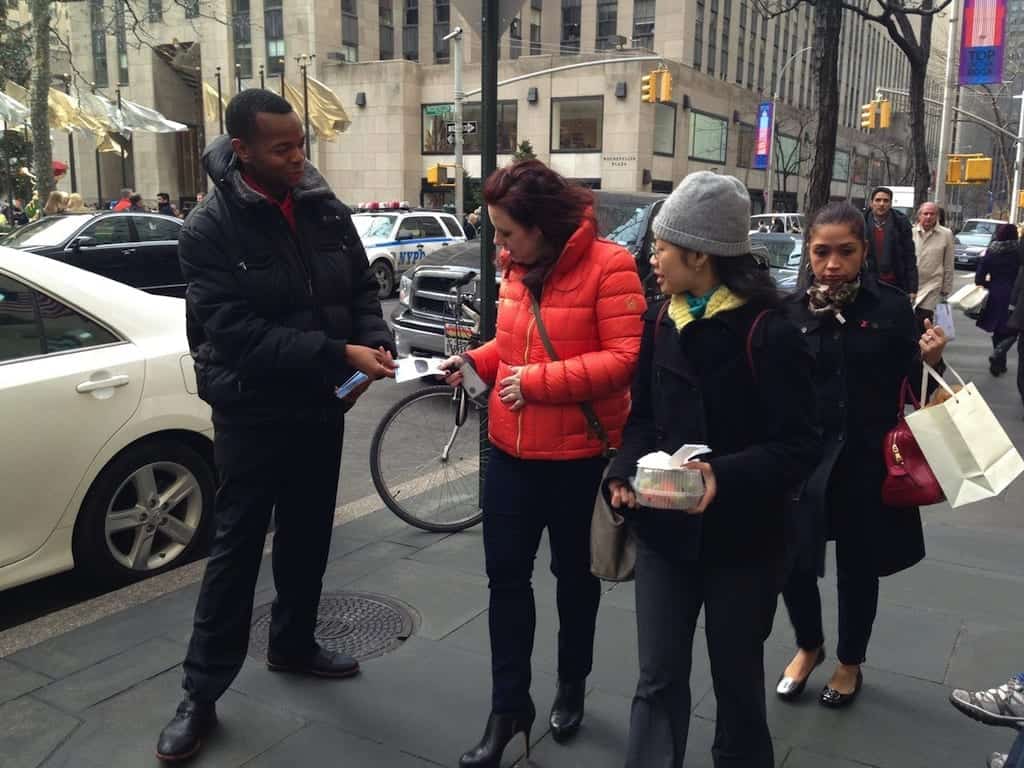Street Team Marketing Could Be An Alternative Concept.
The proliferation of digital marketing messages and emails are a bore to many people. Notably, many advertisers are unable to show value to existing and potential customers because of the clutter of marketing messages. However, there is the option of street team marketing, one that utilizes the human side of selling the brand to drive engagement.
How street team marketing works
Human engagement is a concept that is very alien to many in the advertising industry. Interestingly, this is driven by the hunger to reach as many people as possible. As such, advertisers are resorting to using various automated systems, including robots, to send out as many marketing messages as possible. Other businesses like Procter & Gamble are willing to spend on the upwards of $4 billion in a year to sell their brand. What are you do not have access to such ridiculous amounts of funds?
Instead of using expensive services from ad agencies, a business could deploy its staff to interact directly with consumers on the streets. In particular, street teams interact with consumers on an individual level, where they get them excited about their products and services. The more excitement that the interaction generates, the higher the likelihood of direct action by the consumers. For example, the customers can sample a product you are selling or even download an app you are marketing.

Impact of human engagement
The most apparent advantage of street team marketing is cost-efficiency. On average, advertisers pay up to $120,000 per ad for 30 seconds. Unfortunately, billboards, Facebook ads, and many other platforms are no cheaper. However, the $120,000 can do wonders if you decide to work with street teams. The only place where businesses spend a lot when working with street teams is during the hiring and training phase. Nonetheless, this one-time cost does not keep recurring as one pays for TV commercials.
Secondly, street team marketing is highly impact. Human engagement is a powerful tool when persuading an individual. Also, the engagement does not only encourage customers to sample products or use services for the first time. Instead, they drive brand awareness as well as build brand loyalty. If correctly executed, street teams can generate the highest conversion rate compared to TV ads and many other alternatives.
Using street teams is ideal for small businesses that do not have a financial muscle necessary to run TV commercials. Besides, this works best if your target audience exists in a small geographical area where your team can easily access and run a campaign for a few days.







